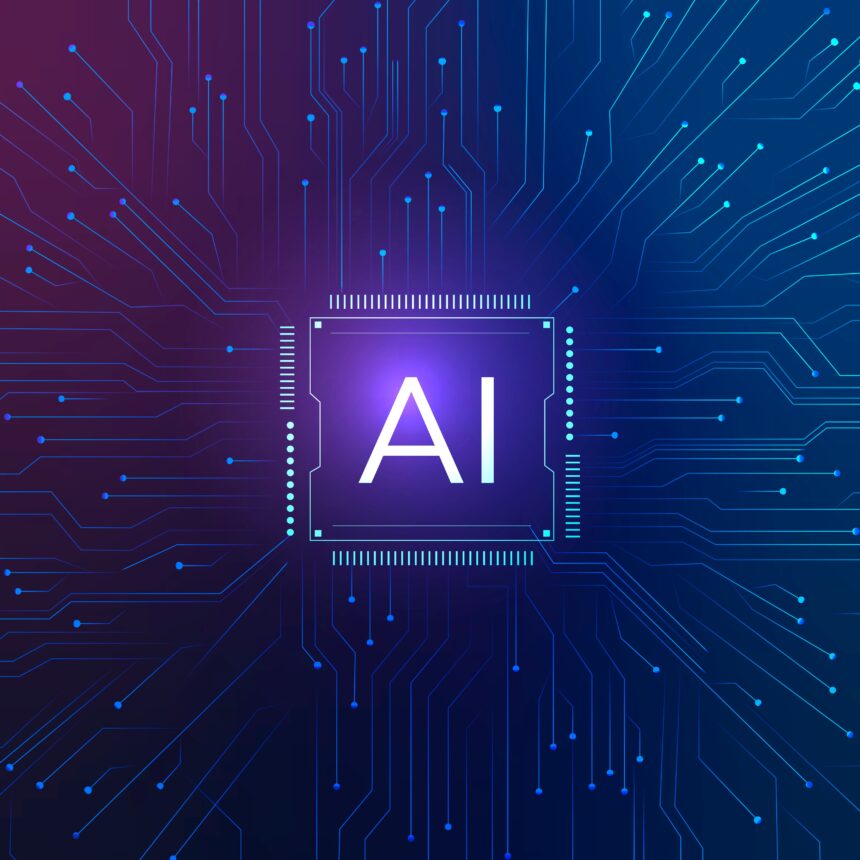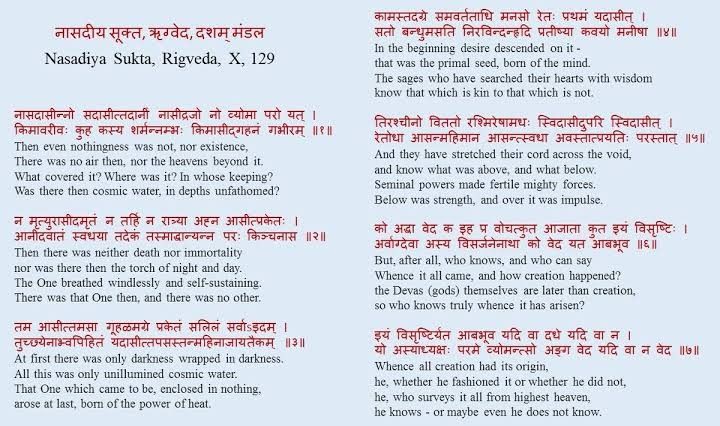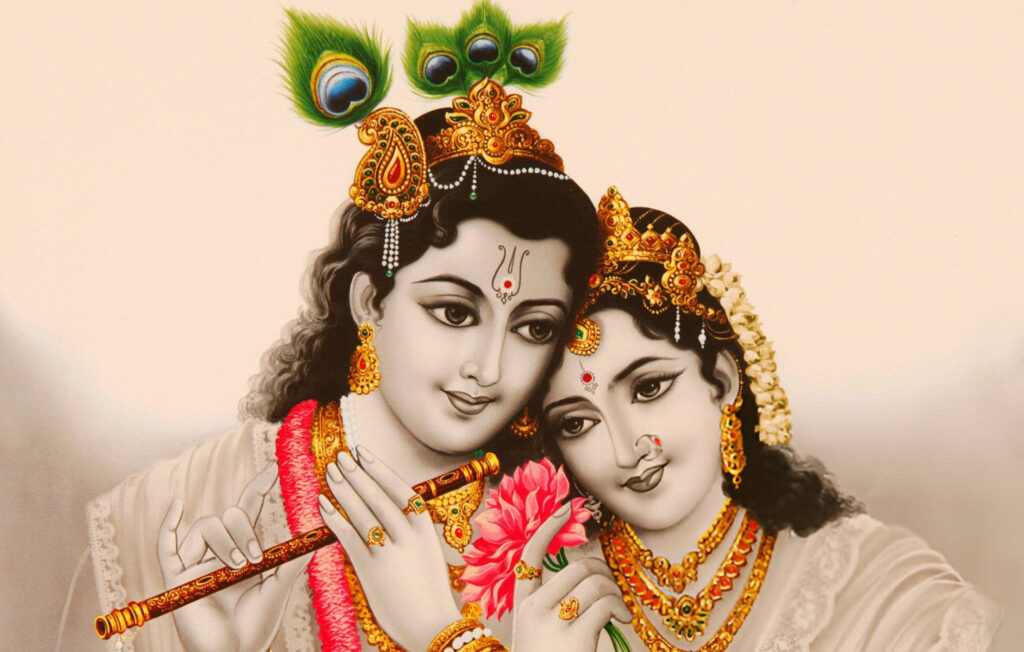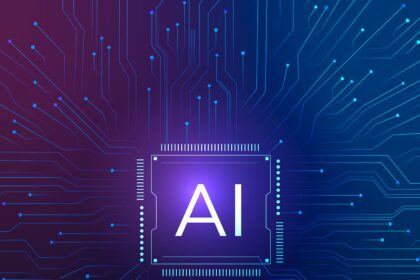Introduction: Intelligence and the Indian Ethos in the Age of Artificial Minds
Artificial intelligence has experienced a revolutionized growth in the twenty-first century. The idea of voice assistants and self-driving cars to using automated hiring platforms and predictive policing, the use of AI has become something beyond the realm of science fiction. It has turned into a virtually insurmountable power that makes our economy, society, and even moral constructs. As artificial intelligence becomes more extensive, the world is starting to face more challenging questions regarding the design, application, and impacts of AI.
The emerging technological superpower, India is at its crossroads. As it adopts the need to grow and develop through the AI revolution, it faces important questions. What type of intelligence would India want to create? What will be our ethical guide with the use of AI? And do we have any wisdom to glean out of our ancient philosophic ancestry that modern models have not considered?
In this article we discuss how the classical traditions of India, the Vedas, the Upanishads, the epic literature of Mahabharata and Ramayana, and the doctrines of Jainism and Buddhism give immensely valuable insights into understanding the ethical aspects of intelligence. What we want to claim is that these teachings are not only of cultural or historical standing, but are highly relative when it comes to shaping how India can establish a future-proof and ethically righteous framework of AI.
Understanding Intelligence in Indian Thought: Buddhi, Viveka, and Atman
The concept of intelligence in Indian thought is much more complex than the computational one that lives in the world of modern technologies. The Sanskrit word, buddhi, to the English intellect, is a derivative of the word budh, to awaken or to be made aware. Indian philosophy does not just conceive intelligence as a mere mechanical formula of thought or computation. It is a moving power of judgment that suffers an ability of discerning the difference between truth and falsehood, self-interest and universal good.
Indian philosophy regards viveka, or ability to discriminate, as among the supreme functions of the human mind. It is this ability to be thoughtful in an ethical way that distinguishes human intelligence and artificial systems. The thought process of buddhi is unlike the algorithmic processes, which exist within strict frames and deficiency of contextual sensitivity.
Additionally, the Indian notion of the Atman, or the real self, serves to strengthen the notion that intelligence is strongly tied to both consciousness and moral action. Intelligence without consciousness or chit is deemed to be dormant and of a threatening nature.
In AI context, this means that although machines can exhibit smart behaviors, they do not possess self-awareness, any moral goals, and the capability of operating in a system of cosmic or social harmony. Thus, the development of AI that acts within the established ethical framework among humans shifts not only to a technical objective but also an intellectual necessity.
Creation and Responsibility: The Rigvedic Humility in Artificial Genesis
Among the first and deepest accounts of creation is that of the Nasadiya Sukta in the Rigveda. This is an ode that reflects upon the birth of existence with admiration and submission. It implies that the riddle of creation is profound to an extent that even the gods could have no complete grasp of it. This awareness of boundaries is critical with the advent of an era of what is a possibility of making machines that may eventually be more equal in the area of human cognition to people.
AI development is talked about with confidence and ambition in most modern discourses, yet humility is conspicuously lacking in the majority. The ancient Indian perspective warns of the egotism of all-too-free creation. It makes us reflect that power deprived of knowledge is imbalanced.
Similarly to the Vedic worldview, which dictated that all conduct should conform to Rta, the cosmic order, the creation of AI also should conform to the concepts of harmony, sustainability, and respect to life. That is, construction intelligence cannot simply be a feast of engineering but a holy obligation.
The Mahabharata’s Warning: Intelligence Without Ethics is Catastrophic
The character of Ashwatthama in the epic of Mahabharata is evidence of the perils knowledge can bring when used wrongly. Being the son of a famous guru Dronacharya, Ashwatthama possessed unimaginable strength and power to use divine weapons. However, amidst his anger and revenge, he fired off the Brahmastra which was a powerful weapon that could level generations of people.
The denunciation of Krishna was not levied against the person who possessed power, but the one who had failed ethically in making use of power. It used the weapon without ethical vision, background and mercy.
This cautionary fable is strongly applicable to our age of AI. Whether it is facial recognition being deployed in authoritarian surveillance or the growing capabilities of autonomous weapons powered by AI, there is no clear ethical oversight over the deployment of modern tools of intelligence.
This is the lesson, as taught by the Mahabharata, that wisdom without morals, and powers without accountability as well as learnings without modesty can cause grave and permanent damage.
Ahimsa, Karma, and Right Use: Insights from Jain and Buddhist Philosophy
Among the Jains and Buddhists, the focus has not only been on right action but also on right intention and right livelihood. These philosophies go further than the value of ahimsa, or non-violence, which refers to physical harm, and extends the value to emotional, environmental, and structural effects.
Ethical Risks- Applications of AI in medical diagnostics, loan approvals, and predictive policing may have serious consequences unless done with caution. Discrimination in society can be reinforced through biased algorithms. Without being transparent or accountable, the automated systems can make life-changing decisions. Where the harm is unintentional, it still contravenes the more core ethical concept of ahimsa.
According to the karmic system, there are consequences to every action. Without the knowledge or consideration of those effects, when AI systems are built, they will culminate in negative social karma, the sum of aggregate suffering, alienation, or exploitation.
Thus, it can be stated that a moral AI in India should have much beyond laws or regulations, but rather it should be an adherence to compassion, justice, and harm prevention on all levels of society.
Sankhya and Vedanta: Consciousness Beyond Computation
It is a dualism of the Sankhya philosophy where prakriti (matter) and purusha (consciousness) are separate realities. Even machines that are not sophisticated can be called part of prakriti. They lack awareness, emotions, and moral agency. Likewise, Vedanta believes that Atman represents the deepest reality of existence, that is not described through the framework of technology.
Even highly developed artificial intelligence cannot have purusha. It can behave in a human-like manner, process large amounts of information, and optimize its choices, but it cannot reflect, feel, and be morally responsible, such as humans are.
Such philosophical clarity comes as a vital foundation to policymakers and technologists: AI must not be anthropomorphized and given status as something human. Although AI may help in decision-making, it cannot replace a human judgment in questions involving ethics, empathy or existential risk.
Surveillance and the Erosion of Free Will: Ethical Tensions in Data-Driven AI
In the AI scenario of today, data is said to be analogous to the new oil. Whether it is social media or government surveillance systems, an enormous amount of personal data is being collected in order to train and develop AI models. But Indian philosophy cautions against the un-contained application of force when it affects the freedom of a person.
Self-governance or swatantrata is part of Indian thought. People need to be able to choose freely and should have a right to privacy in their personal affairs. Its use in monitoring, profiling humans either to control them or manipulate their actions thus breaches this moral void.
In addition, AI surveillance is cold and matter-of-fact, unlike karmic observation, which is discreet and founded on intention. It has no ethical sensitivity to put actions in context. So, AI should be built with transparency, fairness, and consent so that people enjoy the systems which are made in the most democratic society of India.
Lokasangraha and Public Good: The True Purpose of Technological Power
Lokasangraha is a notion described by Lord Krishna in Bhagavad Gita in which one acts in the interest of society as a whole. This is because such an ideal is very apt in the Indian context, where massive social inequalities continue to persist.
AI can fill the discontinuities in education, health, agriculture, and governance. It has the ability to translate local languages, forecast weather, help in relief efforts, and provide smooth delivery of services. All these advantages will be achievable only in case AI is produced inclusively, accessibly, and equally.
The aim must not therefore be to develop technology that will rake in the moolah, but to develop technology to serve the society. AI should not be used as a means to economic and political hegemony but should become a means of jan kalyan (public welfare) and jan hit (public interest).
Towards an Indian Framework for Ethical AI
India can take up the chance to not only develop technological capacity but also a civilizational paradigm of ethical development of AI. Modern innovation and ancient wisdom should provide such a model. It is to be a combination of empirical data and philosophic cognizance, legal protection and spiritual principles.
Some of the primary steps may involve:
- Creation of an Indian council on AI Ethics with philosophers, scientists, jurists, educators, and spiritual leaders
- Integrating Moral Reasoning, based on the Indian practices, into curriculum in AI and computer sciences
- Development of the national principles of AI ethics taking into account the identity of India in terms of culture and social reality
- By using the decentralized policing approach to encourage AI startups and businesses to practice dharma, transparency, and social accountability on a voluntary basis
Building AI with a Conscience, the Indian Way
The era of artificial intelligence is not only a technological transitional period. It is a matter of civilization. With India emerging as a global leading force in AI, the country still has to choose: whether it is going to mindlessly copy Western patterns of productivity, rivalry, and control, or it is going to take the initiative to move a new paradigm, a paradigm of ethical clarity, spiritual wisdom, and social well-being.
The ancient texts of India seek to give no knee-jerk solutions, but the vocabulary that India has developed about moral decisions can guide us through the dense moral jungle to be. When we apply to our technological desires what ethical maturity we do have in our traditions, then we can build an ecosystem of AI that is not merely smart, but wise, not merely innovative, but compassionate.
The issue we face is enormous, and so is the opportunity. India shall not only concern itself in the future of AI as pertaining to intelligence. It also should be a matter of conscience.












